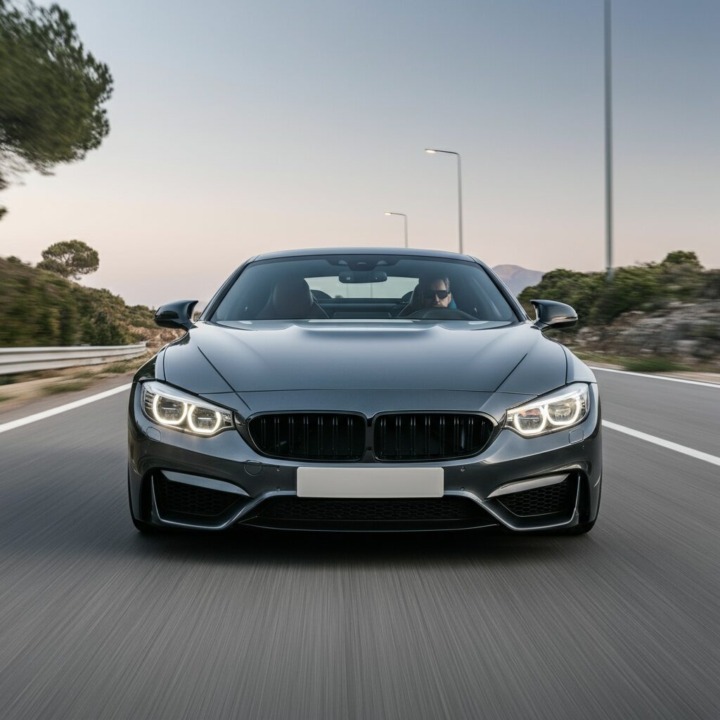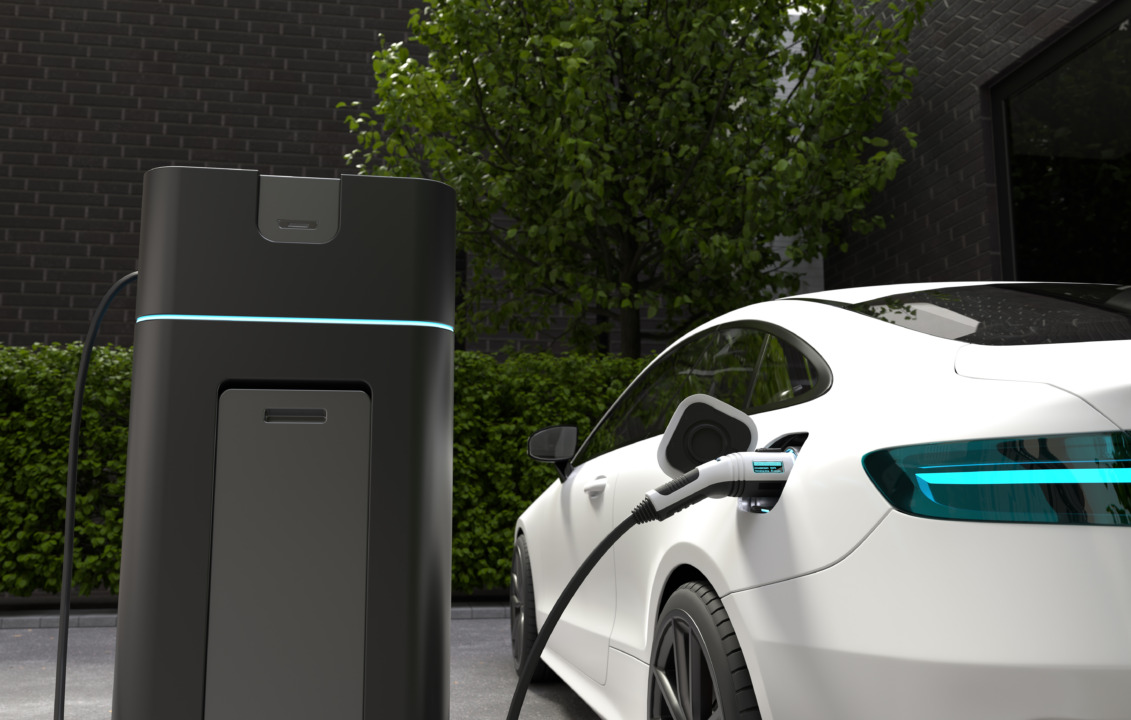In 2024, luxury car technology continues to push boundaries, integrating advanced features that elevate both the driving experience and safety. Today’s luxury vehicles blend high-performance engineering with innovative tech, transforming how drivers interact with their cars. Understanding the latest advancements helps buyers make informed decisions when investing in premium automobiles.
The Intersection of Luxury and Technology in Modern Cars
Luxury car manufacturers are continuously evolving, embracing cutting-edge technology to enhance performance and comfort. The emphasis on seamless integration of tech features allows drivers to enjoy a sophisticated experience without compromising usability. The marriage of elegance and technology is evident in models from brands like Mercedes-Benz, Porsche, and BMW. These manufacturers set the bar high, focusing on the luxury car technology that meets the desires of discerning consumers.
Advanced Infotainment Systems: Elevating the Driving Experience
One of the standout features of modern luxury cars is the infotainment system. These systems are no longer just about radio and navigation; they have transformed into comprehensive hubs that control various aspects of the vehicle.
For example, the latest Mercedes-Benz EQS offers a stunning 56-inch curved display that spans the entire dashboard. This innovative system integrates navigation, entertainment, and vehicle information, providing a user-friendly interface. Similarly, Porsche has enhanced its infotainment system to offer personalized profiles, allowing multiple drivers to enjoy customized settings, from seat position to climate control. This integration exemplifies how luxury car technology creates a more connected and enjoyable driving experience.
Autonomous Driving Features: A Glimpse Into the Future
The drive toward autonomy in luxury vehicles represents one of the most significant trends in luxury car technology. Advanced driver-assistance systems (ADAS) are increasingly standard, enhancing safety and convenience.
For instance, the Tesla Model S and Mercedes-Benz S-Class incorporate features like adaptive cruise control, lane-keeping assist, and automatic emergency braking. These technologies not only assist drivers but also pave the way for fully autonomous vehicles. According to a recent report, the global market for autonomous driving technology is expected to reach $60 billion by 2030, reflecting the growing demand for these advancements in luxury car technology.
Luxury Car Safety Technology: Protecting Drivers and Passengers
Safety is paramount in luxury vehicles, and manufacturers are leveraging advanced technologies to protect the drivers and passengers. Modern luxury cars are equipped with a suite of safety features designed to prevent accidents and mitigate the impact of collisions.
For instance, the BMW X7 includes a comprehensive safety package with features like a 360-degree camera, blind-spot monitoring, and emergency braking. As another example, the Audi Q8 offers advanced airbag systems and pedestrian detection, ensuring a higher level of safety for both drivers and pedestrians.
Key Safety Technologies in Luxury Cars:
- Adaptive Cruise Control: Maintains a set speed while adjusting to traffic conditions.
- Lane Departure Warning: Alerts drivers if they unintentionally drift from their lane.
- Automatic Emergency Braking: Engages brakes to avoid or reduce the impact of a collision.
Comfort and Convenience Technology: Redefining Luxury
Comfort is a hallmark of luxury vehicles, and the latest technological innovations elevate the experience to new heights. Features like heated and cooled seats, advanced climate control systems, and ambient lighting are now standard in many high-end models.
For instance, the Lexus LX 500 offers a luxury experience with its climate-controlled seats and multi-zone climate control, ensuring every passenger enjoys optimal comfort. Similarly, the Rolls Royce Ghost provides an unmatched level of customization, allowing owners to personalize their interior lighting and materials, creating a unique atmosphere. This attention to comfort reflects the importance of luxury car technology in meeting the expectations of high-end consumers.
Electric and Hybrid Powertrains: The Eco-Friendly Side of Luxury
As environmental concerns grow, luxury automakers are shifting focus toward electric and hybrid powertrains. These vehicles not only reduce emissions but also deliver impressive performance.
The Porsche Taycan, for instance, showcases a blend of eco-friendliness and speed, with a 0-60 mph time of just 2.4 seconds. Moreover, luxury hybrids like the BMW 740 combine traditional combustion engines with electric motors, enhancing fuel efficiency while maintaining high performance. These innovations highlight how luxury car technology is adapting to contemporary demands for sustainability.
Advantages of Electric and Hybrid Luxury Vehicles:
- Reduced carbon footprint compared to traditional vehicles.
- Potential tax incentives and lower fuel costs.
- Instant torque delivery enhances driving dynamics.
Connectivity and Smart Features: Staying Connected on the Go
Connectivity has become a vital aspect of the luxury car experience. Modern vehicles now offer seamless integration with smartphones and smart devices.
For example, the Ford Raptor features Ford’s SYNC 4 infotainment system, allowing drivers to access navigation, music, and communication apps directly from the dashboard. Furthermore, luxury brands like Bentley and Aston Martin have introduced features that allow remote vehicle management, enabling owners to monitor their car’s status from anywhere. This level of connectivity is a prime example of how luxury car technology enhances the overall driving experience.
Cutting-Edge Lighting and Display Technologies
Lighting technology in luxury cars has evolved significantly, enhancing both aesthetics and functionality. Adaptive headlights, which adjust their brightness and direction based on driving conditions, improve visibility and safety.
The Audi RS6 showcases innovative lighting solutions, including matrix LED headlights that intelligently illuminate the road without blinding other drivers. Additionally, ambient lighting systems found in models like the Mercedes-Benz GLE 63 S AMG allow drivers to personalize their driving environment, further exemplifying the integration of luxury car technology in modern vehicles.
Performance Technology: Enhancing the Driving Dynamics
Performance-enhancing technologies are crucial for luxury car enthusiasts. Features such as active suspension systems, dynamic torque vectoring, and advanced aerodynamics significantly improve driving dynamics.
For instance, the BMW X5 incorporates an adaptive suspension that adjusts in real-time to road conditions, providing a smoother ride. The Ferrari lineup, known for its performance pedigree, uses lightweight materials and aerodynamics to enhance speed and handling. This commitment to performance is a fundamental aspect of luxury car technology that attracts driving enthusiasts.
Sustainability and Eco-Friendly Technology in Luxury Cars
Sustainability has become a priority for luxury car manufacturers. As consumers demand greener options, brands are incorporating sustainable materials and practices into their vehicles.
Lexus, for example, has made strides in using recycled materials in its interiors, while Mercedes-Benz is committed to reducing the environmental impact of its production processes. As the industry evolves, expect to see more innovations aimed at sustainability in the luxury segment, further demonstrating how luxury car technology aligns with eco-friendly initiatives.
What’s Next for Luxury Car Technology
The future of luxury car technology is bright, with advancements in artificial intelligence, machine learning, and vehicle-to-everything (V2X) communication on the horizon. These technologies promise to enhance the driving experience further and create safer, more efficient roadways. And, of course, many people still hope for a future full of flying cars!
As electric and autonomous vehicles become more prevalent, the luxury market will likely see a surge in innovation, focusing on personalized experiences and enhanced connectivity. This continuous evolution is vital for maintaining the relevance of luxury car technology in an increasingly competitive landscape.
Conclusion: Choosing the Best Luxury Car with Cutting-Edge Technology
Selecting the right luxury car involves understanding the available technologies and how they align with your lifestyle. As you explore options, consider which luxury car technology features matter most to you, from safety enhancements to eco-friendly powertrains. With so many exceptional choices available, finding a vehicle that meets your needs and reflects your personal style is easier than ever.


